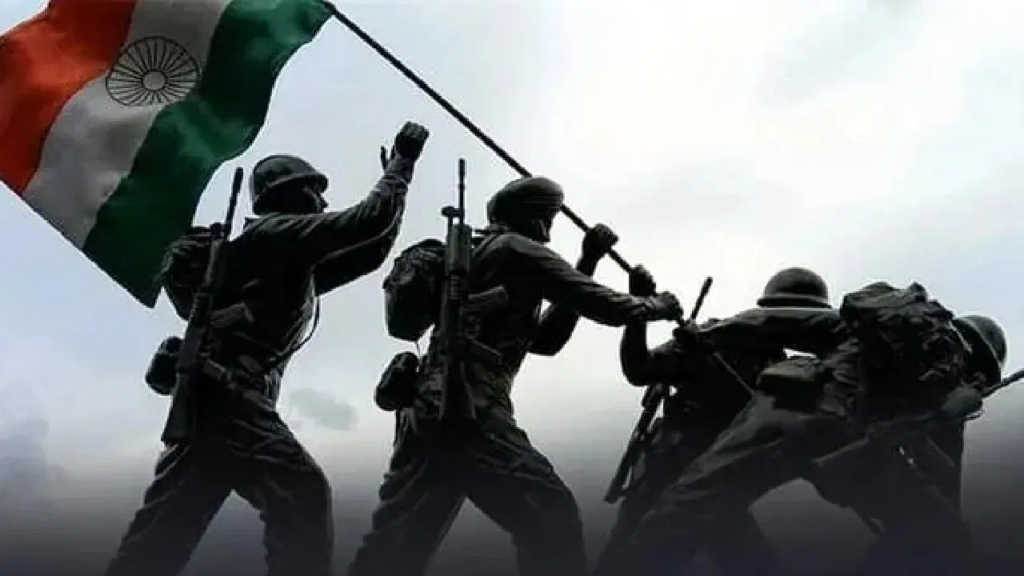
Table of Contents:
- Introduction
- Defining National Security and Peacekeeping
- The Army as a Pillar of National Security
- Safeguarding Sovereignty
- Countering External Threats
- Supporting Civil Authorities
- Peacekeeping Missions: A Global Responsibility
- Promoting International Stability
- Humanitarian Assistance and Disaster Relief
- Building Peace through Collaboration
- Modern Challenges Faced by the Army
- Technological Advancements and Cyber Threats
- Asymmetric Warfare
- Balancing Security with Human Rights
- The Future of the Army in National and Global Security
- Conclusion
Introduction
The army stands as the backbone of any nation’s security apparatus, providing a shield against external aggression and a stabilizing force during internal turmoil. Its role extends beyond combat, encompassing peacekeeping, humanitarian aid, and disaster relief. In an ever-evolving global landscape, the army remains a crucial player in preserving national sovereignty and fostering international peace. This article delves into the multifaceted role of the army in ensuring national security and advancing global peace initiatives.
Defining National Security and Peacekeeping
National security encompasses the protection of a nation’s citizens, economy, and institutions from external and internal threats. Peacekeeping, on the other hand, refers to the deployment of military forces to maintain or restore peace in conflict zones. Together, these functions highlight the army’s dual commitment to defense and diplomacy.
The Army as a Pillar of National Security
- Safeguarding Sovereignty: The army defends the territorial integrity and sovereignty of a nation. Through constant vigilance and strategic deployment, it deters and responds to any external aggression, ensuring the safety of national borders.
- Countering External Threats: From conventional warfare to emerging cyber threats, the army is equipped to address a wide spectrum of challenges. It plays a vital role in counter-terrorism operations, intelligence gathering, and maintaining regional stability.
- Supporting Civil Authorities: In times of natural disasters, civil unrest, or public emergencies, the army provides critical support to civil authorities. This includes rescue operations, logistical assistance, and restoring order during crises.
Peacekeeping Missions: A Global Responsibility
- Promoting International Stability: Armies play a pivotal role in United Nations (UN) peacekeeping missions. By deploying troops to conflict-affected regions, they help to prevent the escalation of violence and facilitate political reconciliation.
- Humanitarian Assistance and Disaster Relief: Beyond combat, the army extends a helping hand during natural disasters and humanitarian crises. Their logistical capabilities and rapid deployment save lives and provide vital resources to affected populations.
- Building Peace through Collaboration: Modern peacekeeping requires collaboration with international organizations and local communities. Armies engage in capacity-building efforts, ensuring long-term stability through training and infrastructure development.
Modern Challenges Faced by the Army
- Technological Advancements and Cyber Threats: As warfare evolves, armies must adapt to new technologies, including cyber defense and artificial intelligence. The digital battlefield poses new risks that require continuous innovation and preparedness.
- Asymmetric Warfare: Irregular and unconventional warfare, such as insurgency and terrorism, presents complex challenges. The army must employ adaptable strategies to counter these unpredictable threats.
- Balancing Security with Human Rights: In peacekeeping and domestic operations, the army must balance security imperatives with respect for human rights and international law. Ethical conduct is essential to maintaining public trust and international legitimacy.
The Future of the Army in National and Global Security
Looking ahead, the army’s role will continue to evolve with geopolitical shifts and technological progress. Emphasizing modernization, strategic alliances, and comprehensive training will ensure that the army remains a formidable force for national security and global peace.
Conclusion
The army’s commitment to safeguarding national sovereignty and contributing to international peace is both a duty and a testament to its enduring value. In an unpredictable world, the army’s vigilance, adaptability, and dedication are indispensable in fostering a secure and peaceful future for all. As the global landscape transforms, the army remains a steadfast guardian, prepared to meet the challenges of tomorrow with unwavering resolve and professionalism.

